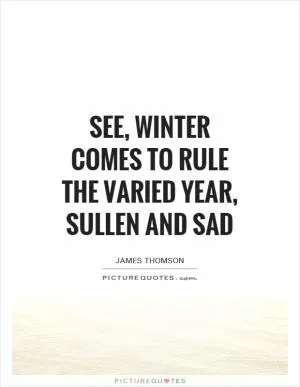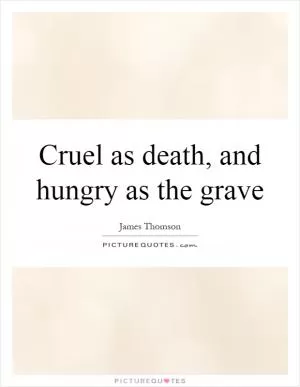Hail! Independence, hail! Heaven's next best gift, to that of life and an immortal soul!

Hail! Independence, hail! Heaven's next best gift, to that of life and an immortal soul!
James Thomson was a Scottish poet and playwright who is best known for his work "The Seasons," a series of four poems that celebrate the beauty of nature and the changing seasons. Thomson was a key figure in the development of the Romantic movement in English literature, and his work had a profound influence on later poets such as William Wordsworth and John Keats.One of Thomson's most famous lines comes from his poem "Liberty," in which he writes, "Hail! Independence, hail! Heaven's next best gift, to that of life and an immortal soul!" This line encapsulates Thomson's belief in the importance of freedom and self-determination, and his celebration of the human spirit.
Thomson was writing at a time of great political and social upheaval in Britain, with the American colonies in open rebellion against the British crown and the French Revolution just around the corner. In this context, Thomson's words take on added significance, as he calls for independence and freedom as essential to the human experience.
Thomson's celebration of independence is also reflected in his love of nature and the natural world. In "The Seasons," he describes the beauty of the countryside in vivid detail, celebrating the changing seasons and the wonders of the natural world. For Thomson, nature was a source of inspiration and solace, a place where he could find peace and freedom from the constraints of society.
Thomson's work is also marked by a deep sense of spirituality and a belief in the immortality of the soul. In "The Seasons," he writes of the divine power that governs the natural world, and of the eternal cycle of life and death. For Thomson, the soul was a sacred and immortal entity, connected to the divine and to the natural world.












 Friendship Quotes
Friendship Quotes Love Quotes
Love Quotes Life Quotes
Life Quotes Funny Quotes
Funny Quotes Motivational Quotes
Motivational Quotes Inspirational Quotes
Inspirational Quotes